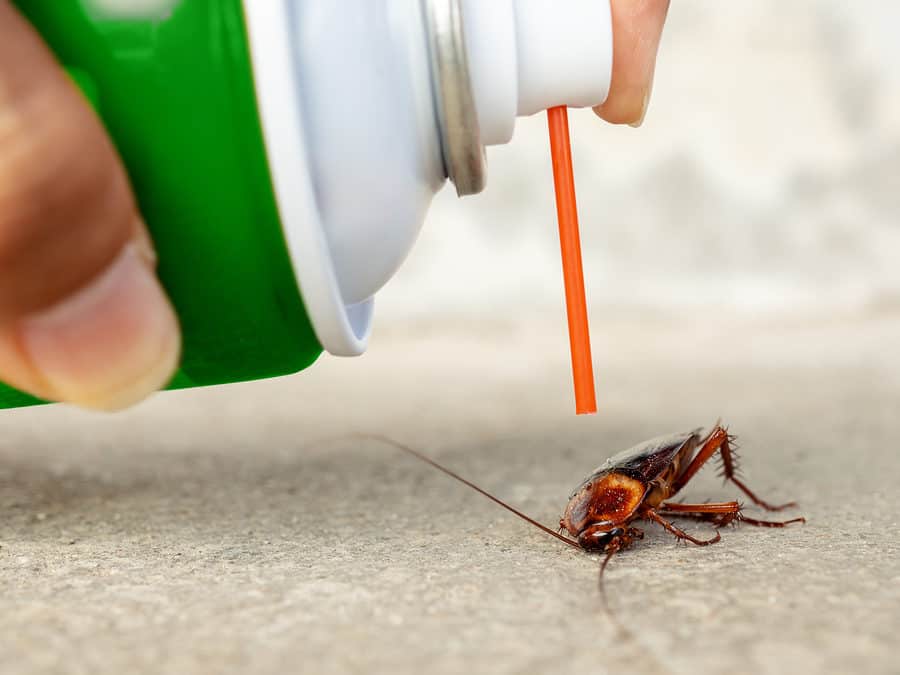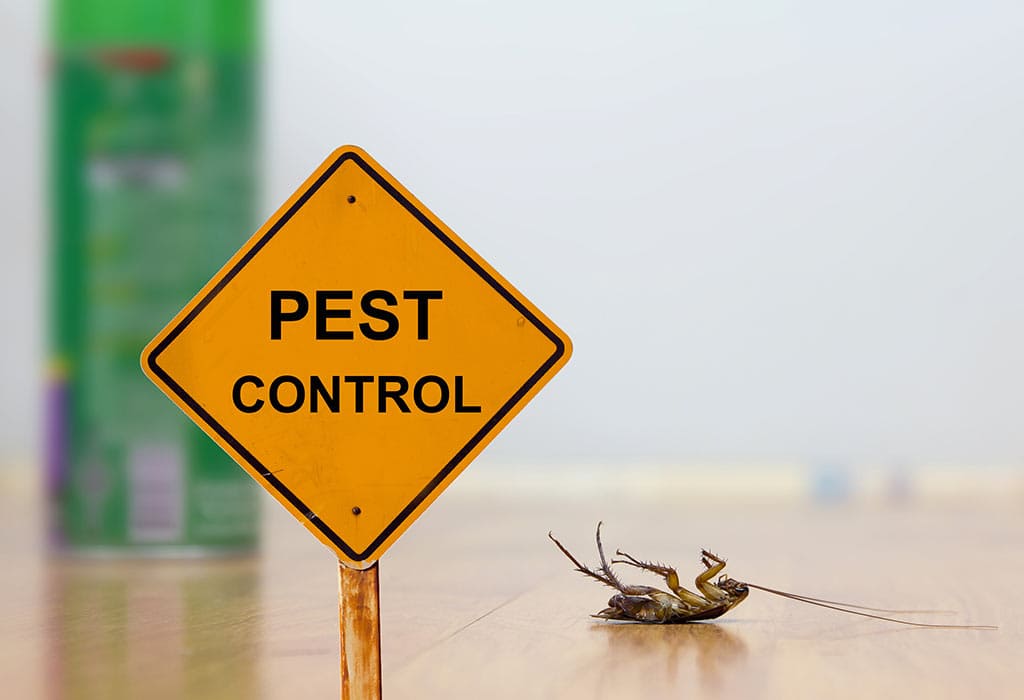Reliable Orem Pest Control Solutions: Keeping Your Home Free from Unwanted Guests
Reliable Orem Pest Control Solutions: Keeping Your Home Free from Unwanted Guests
Blog Article
Discovering the Various Kinds Of Parasite Control Techniques and Their Applications
Insect control is a critical facet of keeping a healthy and balanced and safe environment, whether it remain in residential, commercial, or farming setups. Various strategies have been created and improved over the years to successfully manage and mitigate insect invasions. From chemical approaches that target specific pests to organic approaches that harness natural predators, the realm of parasite control is large and diverse. Understanding the various kinds of pest control methods and their applications is necessary for implementing one of the most suitable and lasting services. Allow's explore the ins and outs of these methods and exactly how they can be efficiently utilized to deal with pest-related difficulties.
Chemical Pest Control Strategies
Chemical bug control strategies are extensively used in farming and insect administration to properly remove or manage pest problems. These methods entail the usage of chemical compounds, such as herbicides, chemicals, and insecticides, to get rid of or reduce pest populaces that position a risk to crops, animals, or human health and wellness. Pesticides, for instance, target certain parasites like rats, weeds, or pests, disrupting their life process or causing direct damage upon contact. Herbicides are specifically made to regulate unwanted vegetation that takes on plants for resources and nutrients. Pesticides, on the other hand, are used to battle insect pests that can damage plants and send diseases.
While chemical pest control techniques can be very reliable in managing insect populaces, they also raise worries regarding prospective environmental and wellness risks. It is essential to comply with security guidelines, make use of incorporated pest administration approaches, and consider different approaches to reduce the adverse effects of chemical pest control techniques.
Biological Bug Control Approaches
 Organic insect control approaches use living organisms to take care of and minimize insect populaces in a ecologically pleasant and sustainable way. One common method is the launch of ladybugs to deal with aphids in gardens, as ladybugs are natural killers of these harmful bugs.
Organic insect control approaches use living organisms to take care of and minimize insect populaces in a ecologically pleasant and sustainable way. One common method is the launch of ladybugs to deal with aphids in gardens, as ladybugs are natural killers of these harmful bugs.
Organic insect control methods supply several advantages over chemical approaches. They are generally safer for the atmosphere, as they do not leave unsafe residues or add to pollution. Additionally, these approaches are usually a lot more targeted, impacting just the parasite varieties without hurting beneficial insects or various other organisms. Organic control can be a long-lasting service, as the presented organisms can establish sustainable populaces and offer ongoing parasite monitoring. Overall, biological parasite control methods present a all-natural and reliable alternative to traditional chemical therapies, promoting a balanced ecological community and healthier environments.
Physical Insect Control Approaches
Using physical approaches to manage bugs entails the usage of non-chemical or mechanical methods to handle and mitigate bug problems efficiently. visit this page One usual physical bug control technique is the installation of fences, displays, or internet to block insects from getting in certain areas.
Another physical technique is making use of traps, such as breeze traps for rats or scent traps for bugs. These traps objective to capture parasites without presenting any type of risk to people or the environment. Additionally, physical control techniques can include methods like handpicking bugs off plants, utilizing vacuum tools to remove insects, or utilizing warmth therapies to remove bed insects and various other insects in plagued locations.
Integrated Bug Monitoring Approaches
Implementing a holistic our website strategy to pest monitoring, Integrated Parasite Monitoring (IPM) approaches intend to integrate different effective techniques to manage and avoid bug problems while decreasing environmental impact and ensuring lasting bug control practices. IPM entails the combination of numerous control techniques such as biological control, social methods, mechanical control, and the careful usage of pesticides.

Furthermore, IPM highlights the relevance of monitoring and examining pest populaces to determine one of the most appropriate control methods. By applying IPM strategies, insect control initiatives come to be extra targeted and efficient, decreasing the dangers related to excessive pesticide use and advertising lasting pest management services.
Natural and Organic Bug Control Options

One popular natural pest control approach is neem oil, derived from the seeds of the neem tree, which works as a repellent and disrupts the development and development of bugs. Diatomaceous earth, an all-natural silica-based powder, is another efficient natural insect control alternative that works by dehydrating bugs upon contact. By linked here integrating all-natural and organic pest control alternatives into parasite management approaches, individuals can successfully control insects while lessening harm to the atmosphere and advertising lasting practices.
Final Thought
Finally, different pest control methods such as chemical, biological, physical, incorporated parasite management, and natural choices are available for properly taking care of pest infestations. Each technique has its own benefits and applications depending on the kind of pest and the environment. By understanding the different kinds of bug control strategies and their applications, people can make enlightened choices on one of the most ideal approach to control insects and secure their home.
Chemical bug control methods are commonly utilized in agriculture and insect monitoring to efficiently eradicate or control pest infestations - Orem Pest Control. All-natural parasite control techniques include making use of organic control agents, such as parasites or predators, to take care of pest populaces. By incorporating natural and all-natural insect control options into insect administration techniques, individuals can properly regulate insects while lessening damage to the environment and advertising sustainable practices
In verdict, different insect control strategies such as chemical, organic, physical, integrated pest monitoring, and natural choices are available for effectively managing parasite invasions. By understanding the various types of parasite control strategies and their applications, individuals can make informed choices on the most proper method to regulate bugs and protect their residential or commercial property.
Report this page